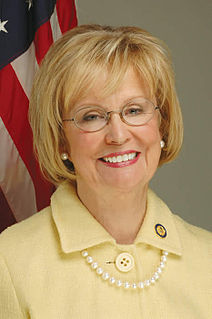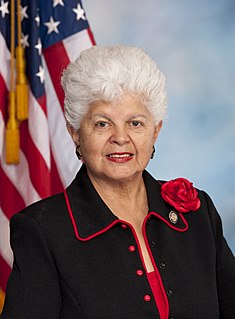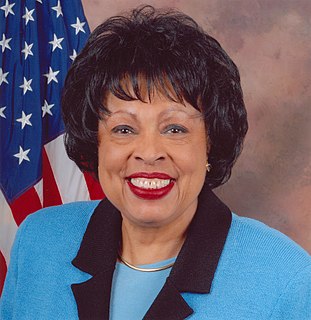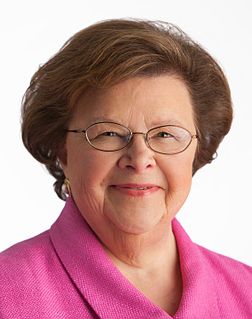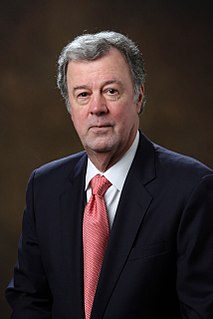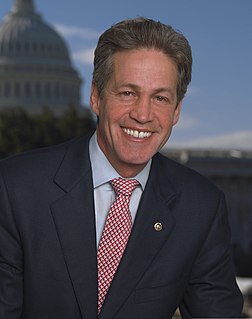A Quote by Judy Biggert
Right now, too many women who reach retirement age find themselves widowed or single, relying on their Social Security check for over half of their income.
Related Quotes
Social Security is the foundation stone of that kind of retirement security. It not only needs to be strengthened in order to make sure it's there for younger baby boomers and Generations X and Y, but it probably needs to be strengthened and expanded because the retirement benefits now being offered by most employers are not sufficient to support middle-income Americans in their long years of retirement.
For Social Security to be financially sound, the federal government should have $100 trillion - a sum of money six-and-a-half times the size of our entire economy - in the bank and earning interest right now. But it doesn't. And while many believe that Social Security represents our greatest entitlement problem, Medicare is six times larger in terms of unfunded obligations.
